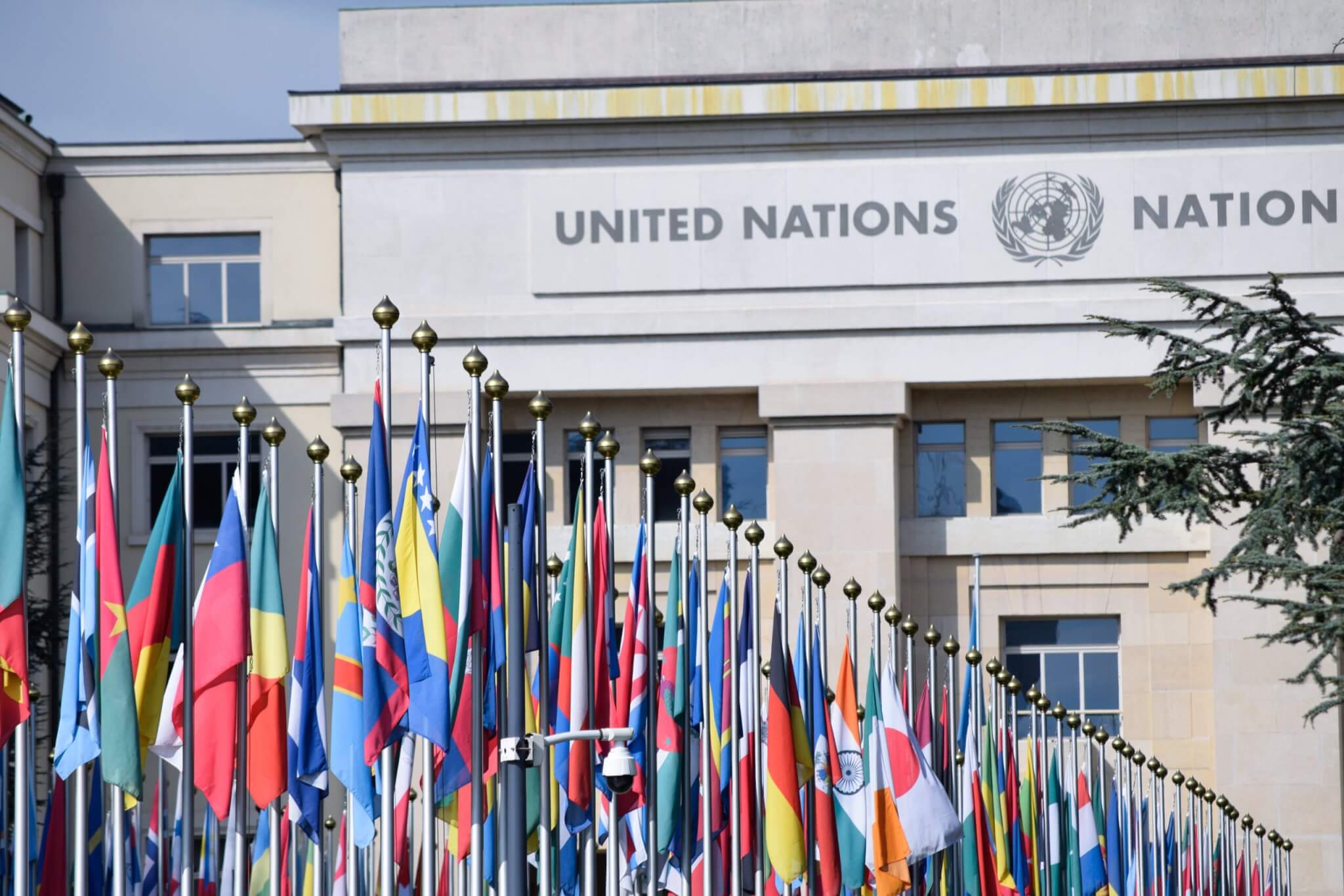Skills
Across all fields there is a need for a new breed of leader with new kinds of skills. The challenges we face are complex and international. If we’re to deal with them we will need leaders who have the courage, wisdom, and strength to govern for humanity, to include marginalized voices, and to throw their compassion forwards to future generations.

Return to basics
There is also a need to return to some of the basic rules and norms of international relations. The recent war in Israel-Gaza, which has seen reports of crimes against humanity, demonstrates what can happen when the framing of debate is on the rights of a nation to respond to violence rather than on seeking peaceful outcomes for all. The 1948 Declaration on Human Rights provides an important basis for this reorientation, enshrining as it does the right to life, freedom, and liberty. A similar process may now be needed to agree individual rights in the face of climate change, AI, and warfare on once unimaginable scales.

New voices
We need to find new ways to engage the public in general and marginalized voices especially in the debates that take place at an international level. This can be done by increasing the representation and authority given to, for example, the Global South and indigenous groups at negotiations, establishing quotas and norms on the number of delegates drawn from underserved communities, and reforming institutions like the United Nations so that it’s bodies are not dominated by the power of the West.

